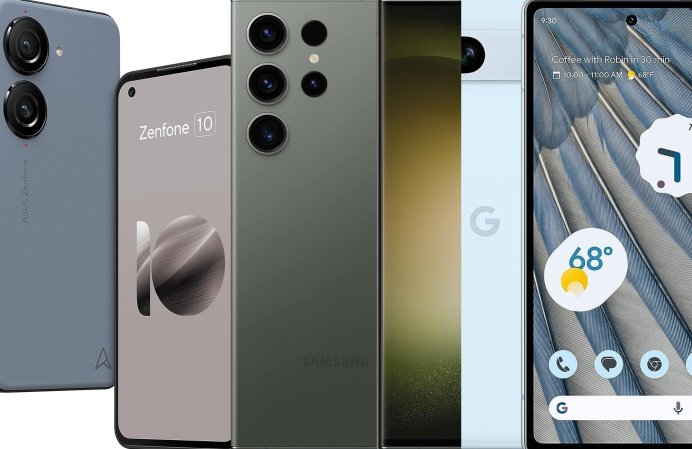About
Brendan Hesse is a freelance journalist and content creator with over 11 years of professional experience covering video games and gaming-related hardware, as well as smartphones, A/V gear, and data security. As a contributor to Poplar Science’s reviews section, he’s reviewed and recommended all kinds of consumer tech.
Experience
Brendan started freelancing in college while studying media and fine arts, primarily writing reviews of heavy metal albums and video games for smaller publications. He joined Digital Trends as an editorial assistant in May, 2015 shortly after graduation and was quickly promoted to staff writer. After three years with Digital Trends, he transitioned back to freelancing and now works with major tech and gaming publications, including Gamespot, Lifehacker, EGM, IGN, Business Insider and, of course, Popular Science.
Gaming is Brendan’s main beat–including the games themselves and the hardware they’re played on–but he also covers a wide variety of other tech topics like data security and mobile tech, especially Android devices. He also has a strong background in audio and video content creation, and often reviews A/V products like speakers, headphones, and microphones. These skills also lend to his “extracurricular work” like video and podcast production, illustration, and indie game creation.
Education
Brendan graduated with a Bachelor of Fine Arts degree in Digital Arts and Communication from Oregon State University in 2015. During his time at OSU, Brendan was an editor of the school’s Arts and Literature magazine PRISM, a lead writing tutor at the university’s writing center, and a member of the student media advisory board.
Highlights
- Brendan’s professional portfolio spans over 11 years of work at major publications like Lifehacker, Business Insider, and IGN.
- Leverage media a fine arts background in creative projects and media production.
Favorite weird science fact
Based on the “no-report paradigm” in neuroscience, we constantly experience conscious stimuli, even when in deep sleep and under anesthesia, that our brains filter out and thus never remember.




